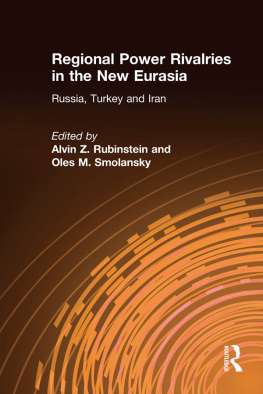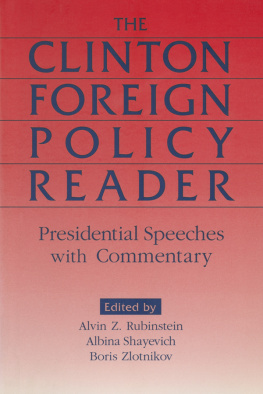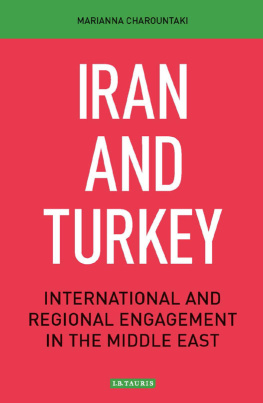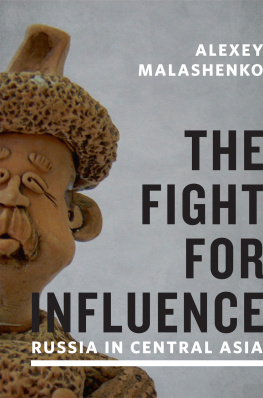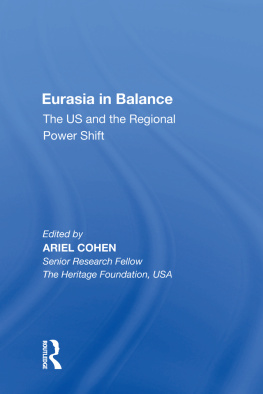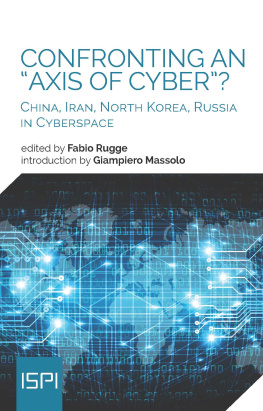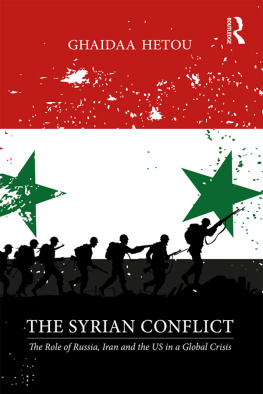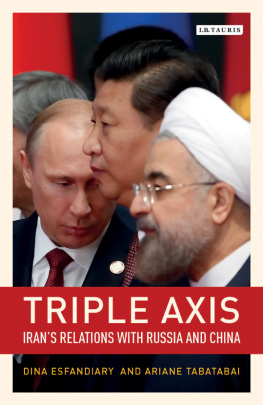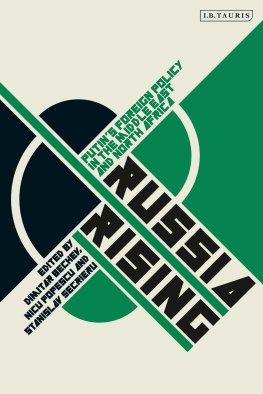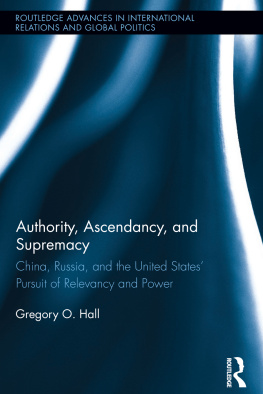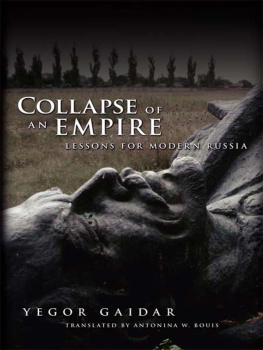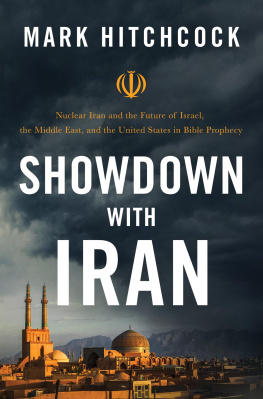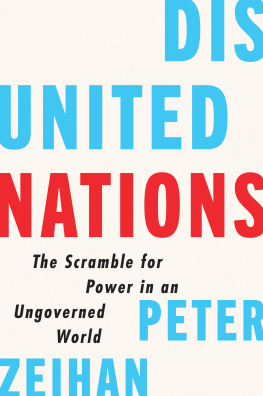Alvin Z. Rubinstein - Regional Power Rivalries in the New Eurasia: Russia, Turkey and Iran
Here you can read online Alvin Z. Rubinstein - Regional Power Rivalries in the New Eurasia: Russia, Turkey and Iran full text of the book (entire story) in english for free. Download pdf and epub, get meaning, cover and reviews about this ebook. City: London, year: 1995, publisher: Routledge, genre: Science / Politics. Description of the work, (preface) as well as reviews are available. Best literature library LitArk.com created for fans of good reading and offers a wide selection of genres:
Romance novel
Science fiction
Adventure
Detective
Science
History
Home and family
Prose
Art
Politics
Computer
Non-fiction
Religion
Business
Children
Humor
Choose a favorite category and find really read worthwhile books. Enjoy immersion in the world of imagination, feel the emotions of the characters or learn something new for yourself, make an fascinating discovery.
- Book:Regional Power Rivalries in the New Eurasia: Russia, Turkey and Iran
- Author:
- Publisher:Routledge
- Genre:
- Year:1995
- City:London
- Rating:4 / 5
- Favourites:Add to favourites
- Your mark:
- 80
- 1
- 2
- 3
- 4
- 5
Regional Power Rivalries in the New Eurasia: Russia, Turkey and Iran: summary, description and annotation
We offer to read an annotation, description, summary or preface (depends on what the author of the book "Regional Power Rivalries in the New Eurasia: Russia, Turkey and Iran" wrote himself). If you haven't found the necessary information about the book — write in the comments, we will try to find it.
Alvin Z. Rubinstein: author's other books
Who wrote Regional Power Rivalries in the New Eurasia: Russia, Turkey and Iran? Find out the surname, the name of the author of the book and a list of all author's works by series.
Regional Power Rivalries in the New Eurasia: Russia, Turkey and Iran — read online for free the complete book (whole text) full work
Below is the text of the book, divided by pages. System saving the place of the last page read, allows you to conveniently read the book "Regional Power Rivalries in the New Eurasia: Russia, Turkey and Iran" online for free, without having to search again every time where you left off. Put a bookmark, and you can go to the page where you finished reading at any time.
Font size:
Interval:
Bookmark:
Power Rivalries
IN THE
New Eurasia

Power Rivalries
IN THE
New Eurasia
Alvin Z. Rubinstein
AND
Oles M. Smolansky

2 Park Square, Milton Park, Abingdon, Oxon OX14 4RN
711 Third Avenue, New York, NY 10017, USA
No responsibility is assumed by the publisher for any injury and/or damage to persons or property as a matter of products liability, negligence or otherwise, or from any use of operation of any methods, products, instructions or ideas contained in the material herein.
p. cm.
Includes bibliographical references and index.
ISBN 1-56324-622-8 (alk. paper).ISBN 1-56324-623-6 (pbk.: alk. paper)
1. Former Soviet republicsRelationsIran.
2. IranRelationsFormer Soviet republics.
3. Former Soviet republicsRelationsTurkey.
4. TurkeyRelationsFormer Soviet republics.
5. Former Soviet republicsForeign relations.
6. IranForeign relations1979
7. TurkeyForeign relations1980
I. Rubinstein, Alvin Z.
II. Smolansky, Oles M.
DK68.7.I7R44 1995
303.48247055dc20
95-6805
CIP
ISBN 13: 9781563246227 (hbk)
Oles M. Smolansky
Font size:
Interval:
Bookmark:
Similar books «Regional Power Rivalries in the New Eurasia: Russia, Turkey and Iran»
Look at similar books to Regional Power Rivalries in the New Eurasia: Russia, Turkey and Iran. We have selected literature similar in name and meaning in the hope of providing readers with more options to find new, interesting, not yet read works.
Discussion, reviews of the book Regional Power Rivalries in the New Eurasia: Russia, Turkey and Iran and just readers' own opinions. Leave your comments, write what you think about the work, its meaning or the main characters. Specify what exactly you liked and what you didn't like, and why you think so.

